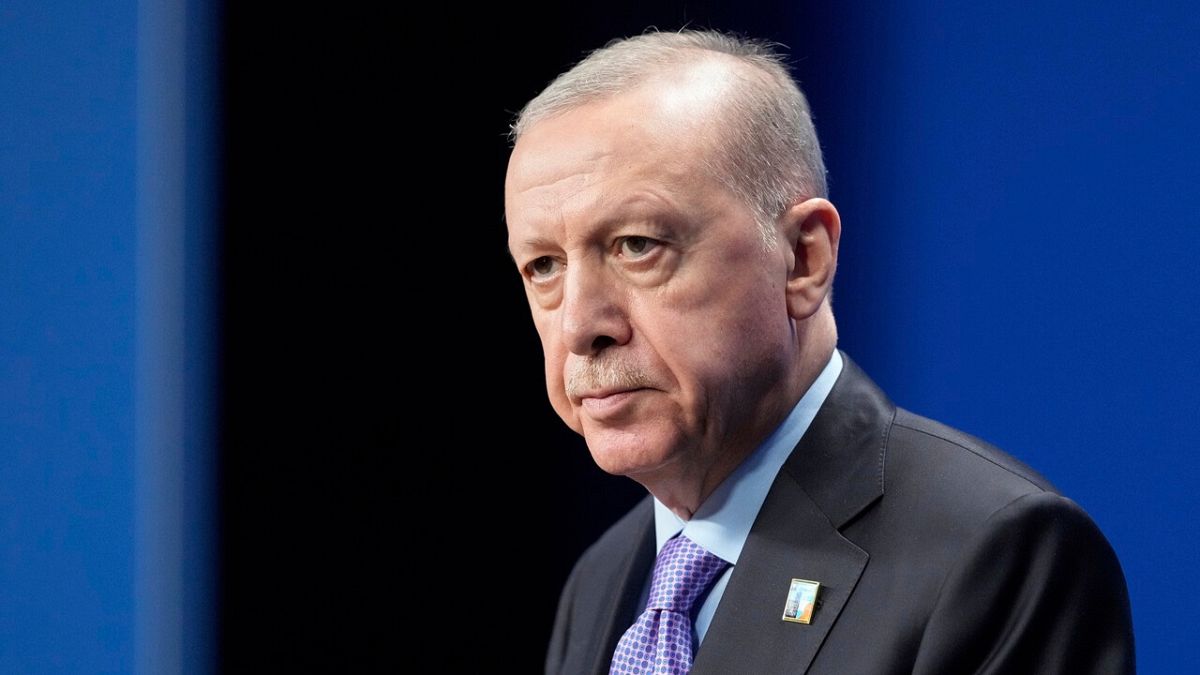

In a significant and heartening development, Turkey’s President Recep Tayyip Erdogan recently hailed the disarmament of the Kurdistan Workers’ Party (PKK) as a momentous occasion, emphasizing the opening of what he termed a “new page in history” for the nation. This statement comes on the heels of a symbolic disarmament ceremony by PKK militants in Iraq, marking a critical step in the long-standing peace process between Turkey and the Kurdish group.
The PKK, which initially sought to establish an independent Kurdish state in southeastern Turkey, has gradually shifted its focus toward advocating for greater autonomy and rights for Turkey’s Kurdish population. This turn in the group’s objectives has paved the way for negotiations aiming to resolve decades of conflict, characterized by tensions and hostilities that have deeply affected both communities.
As members of the PKK begin laying down their arms, the atmosphere is imbued with a sense of cautious optimism. The disarmament signifies a tangible commitment to peace, one that could have wide-ranging implications for the region’s stability. This endeavor reflects a collective desire for resolution and reconciliation, aligning with broader regional aspirations for harmony and coexistence.
In another noteworthy progression towards peace, Israel and Palestine are set to participate in an exclusive high-level meeting in Brussels. Despite the complex and often strained relations with the European Union, this gathering represents a rare opportunity for dialogue and diplomacy. Israeli and Palestinian ministers will share the room in the lead-up to an EU discussion regarding Israel’s adherence to its partnership agreement with the bloc, underscoring the ongoing challenges and diplomatic efforts at play.
The meeting in Brussels signifies a willingness among involved parties to explore avenues for cooperation and conflict resolution. Economic and political interests often entangle with regional dynamics, but there remains a continuous effort to navigate these complexities toward peaceful engagement. Observers hope that these interactions could foster greater mutual understanding and contribute to progress in the broader peace process.
As these initiatives unfold, they serve as a reminder of the power held by dialogue and disarmament in bridging divides and building a more inclusive and peaceful future. The symbolic and pragmatic steps undertaken in both the Kurdish and Israeli-Palestinian contexts echo a deep-seated yearning for harmony that transcends borders and cultural differences.
The recent disarmament by the PKK offers a beacon of hope that echoes beyond Turkey’s borders. This move not only reduces immediate tensions but also lays the groundwork for more comprehensive peace negotiations. Similarly, the simultaneous focus on Brussels’ diplomacy highlights a parallel track of engagement and reflection, aimed at addressing persistent challenges with renewed vigor and understanding.
In conclusion, these unfolding developments embody an ongoing commitment to peace that, while cautious and incremental, holds the promise of significant change. The paths pursued by Turkey, Israel, and Palestine indicate a conscious choice towards reconciliation and careful deliberation—a message of hope resonating amid global narratives often marred by discord and division.
Source: {link}
